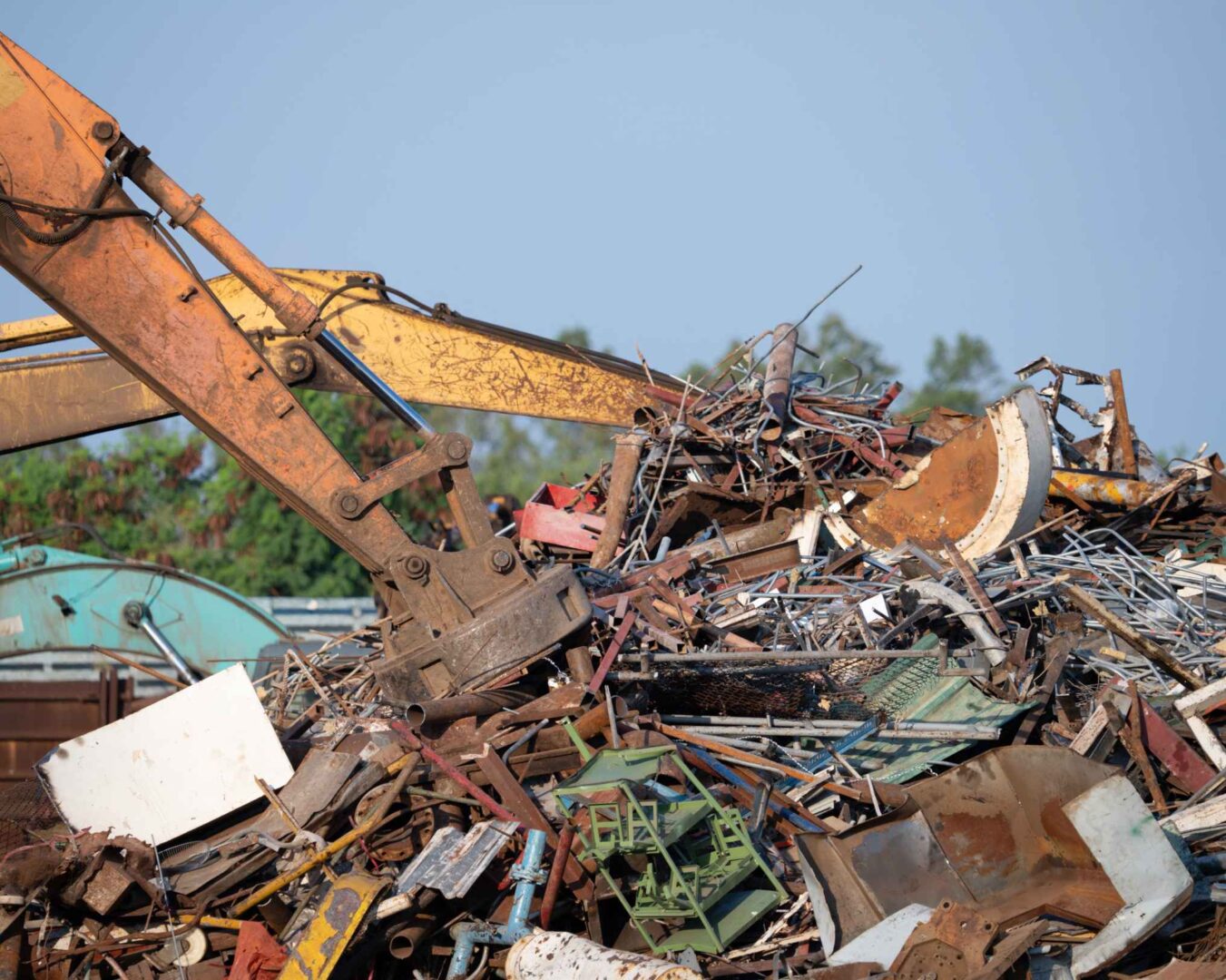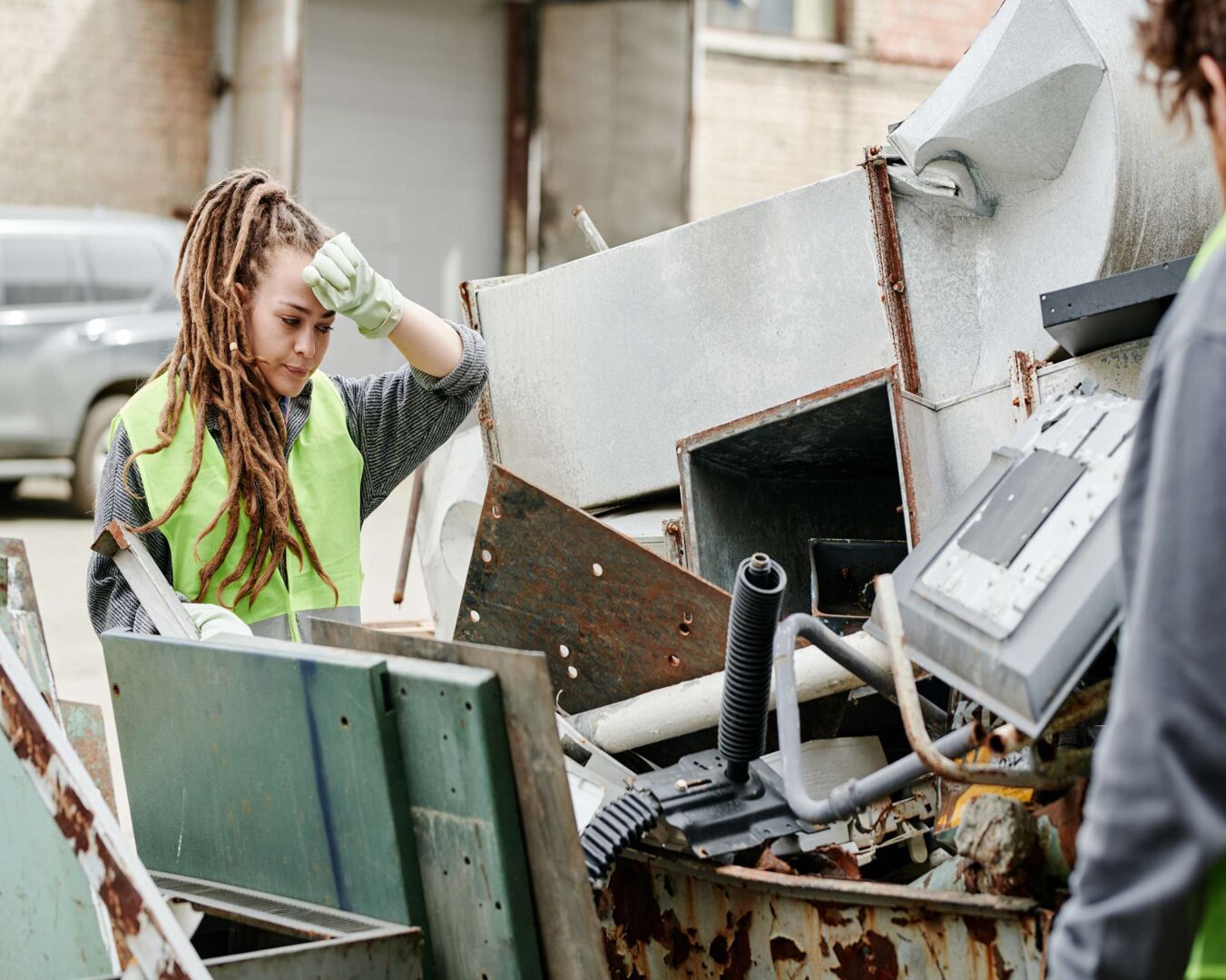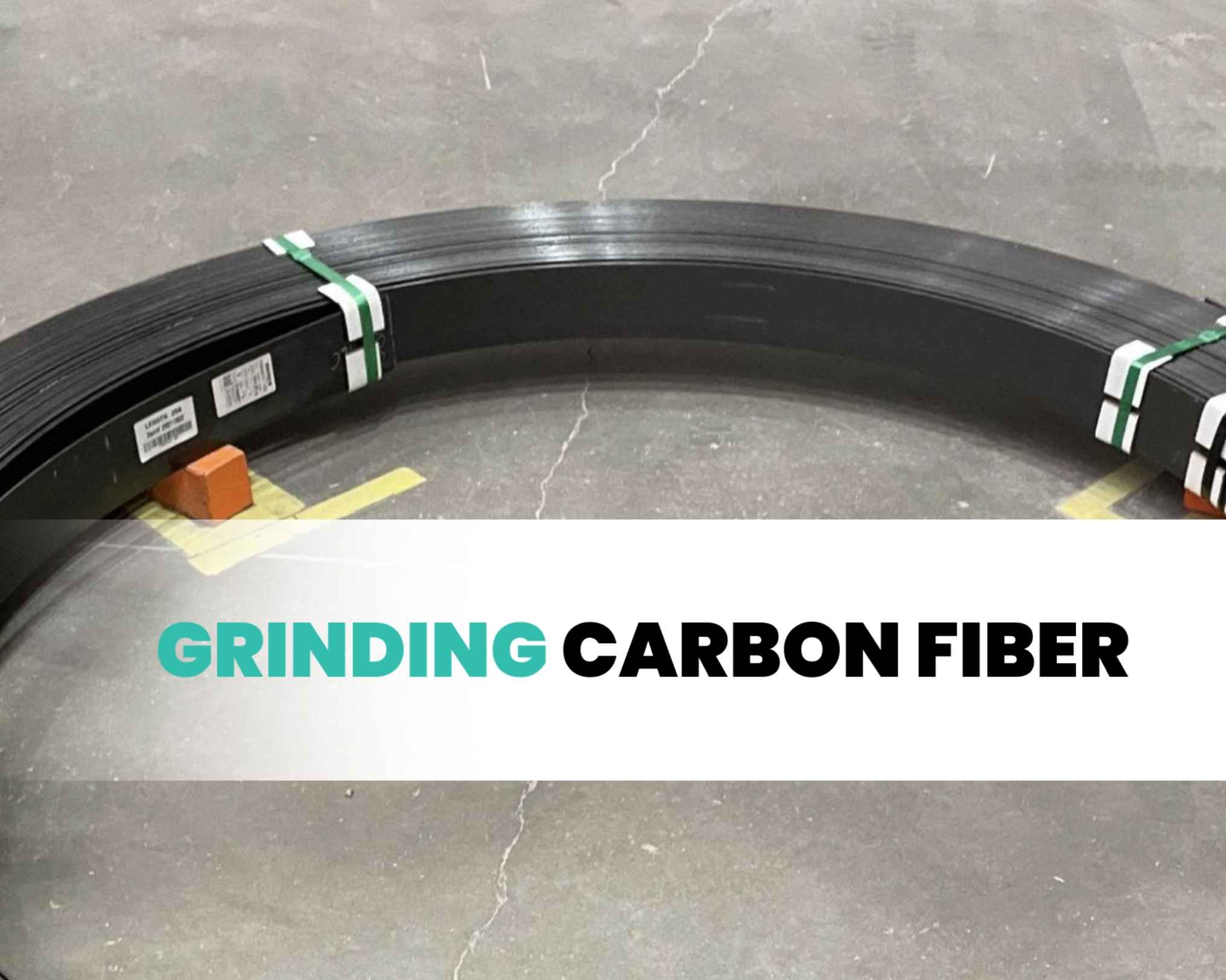In the colossal landscape of online shopping, there’s an alarming underside: the mounting heaps of surplus inventory. A problem so pervasive, even behemoths like Amazon are constantly seeking ways to liquidate Amazon Inventory. But what if the answer doesn’t lie in merely reducing waste, but transforming it? What if surplus wasn’t a burden, but an untapped gold mine? Enter the revolutionary model of “Beneficial Reuse.”
Table of Contents
The Environmental Cost of Traditional Disposal Methods
Before diving deep into the merits of beneficial reuse, let’s pause and understand the looming environmental disaster of traditional disposal methods. According to the Environmental Protection Agency, in 2019, the U.S. generated about 292.4 million tons of trash.
Out of this, only 32% was recycled, and the rest ended up in landfills or were incinerated. These practices not only burden the planet with waste but also contribute to greenhouse gas emissions.
The Current Problem with Amazon Inventory
The colossal world of online shopping has birthed an equally massive problem: an overwhelming pile of surplus inventory. While Amazon has tried to Liquidate Amazon Inventory, the problem persists.
Traditional methods like liquidation, recycling, and destruction, seem to be mere band-aids on a bleeding wound. Why? Because these aren’t truly sustainable or beneficial to the greater community.
Introducing the Beneficial Reuse Concept
Picture this: Instead of seeing surplus as a challenge, view it as an opportunity. Beneficial reuse flips the script, turning excess into advantage. It revolves around diverting these surplus products to communities, charities, and individuals who genuinely need them.
Transitioning from the take-make-waste model, we’re promoting a circular economy where items find a second home.
The Happen Ventures Difference
We’ve made strides in pioneering this change: 50,000 truckloads diverted, a reduction of over 700,000 miles in transportation, and $650M in goods given a new purpose. Our process is straightforward:
- Identify those useable products being discarded.
- Match them with communities that cherish them.
- Provide seamless, digital documentation for compliance and tax benefits.
- Efficiently manage pick-up and transportation.
Scenario: A Retailer’s Road to Responsible Inventory Management
Consider a major retailer that accumulated surplus items worth $1 million in just a quarter. Previously, these products would either be heavily discounted or discarded.
By collaborating with Happen Ventures, not only were 95% of these items beneficially reused, but the retailer also reported an increase in brand loyalty from their consumer base who valued their commitment to sustainability.
Beneficial Reuse’s Multifaceted Advantages
Here’s the trio of wins with beneficial reuse:
- Economic: Cutting costs up to 50%, coupled with a chance to get tax benefits from product donations.
- Environmental: Shrinking the carbon footprint by eliminating the need for product recycling, incineration, or landfill.
- Social: Strengthening ties with local communities and reinforcing a brand’s commitment to social responsibility.
Building Brand Equity with Beneficial Reuse
Brands that have embraced beneficial reuse not only experience the direct financial benefits but also enhance their brand image. A 2020 survey by Nielsen showed that 81% of global respondents felt strongly that companies should help improve the environment.
By adopting sustainable practices, brands can cater to this vast segment of eco-conscious consumers, building stronger relationships and ensuring long-term loyalty.
The Case of Liquidating Amazon Inventory
While Amazon has made efforts to liquidate excess products, the sheer volume remains staggering. Rather than adding to a mounting problem, beneficial reuse offers a fresh, efficient, and responsible way to handle excess Amazon inventory.
Addressing the Critique – What We Don’t Do
A clear stance we uphold: we’re about repurposing new, untouched products. Our mission doesn’t cater to used items. We selectively channel items destined for recycling, incineration, or landfill, ensuring quality while fostering sustainability.
Real-time Stats and Numbers
Recent studies show the e-commerce industry’s waste contribution is skyrocketing. Our actions at Happen Ventures echo real impact. In numbers: diverting over 60,000 tons, rechanneling $650M worth of goods, and more. The narrative is clear: beneficial reuse isn’t just an option, it’s an imperative.
Practical Takeaways
For Businesses: Start with an inventory assessment. Identify surplus and partner with organizations (like us) to transform it into positive impact.
For Consumers: Voting with your wallet? Support companies that embrace beneficial reuse. It’s a nod to a greener, more inclusive future.
Wrapping up
Beneficial reuse isn’t a mere trend. It’s an ethos, a way forward in a cluttered e-commerce world. With organizations like Happen Ventures leading the charge, businesses have an actionable path to marry profitability with responsibility. The call now is for industries to embrace this game-changer, making commerce beneficial for all.




